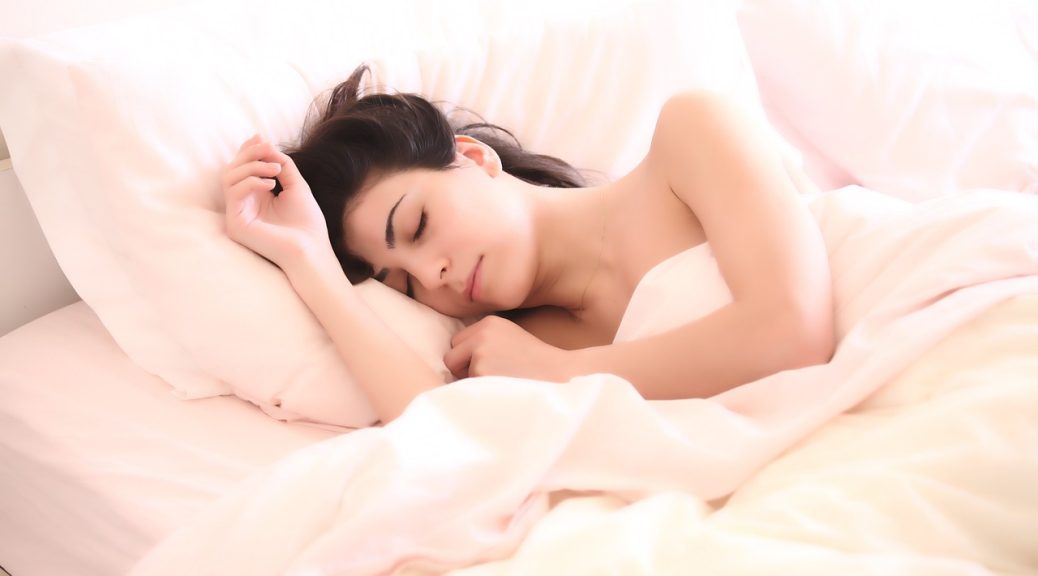
The Connection Between Massage and Better Sleep
The Connection Between Massage and Better Sleep
In our fast-paced world, quality sleep has become a precious commodity. While there are many strategies to improve sleep, massage therapy stands out as a natural and effective method. Let’s explore the intricate connection between massage and better sleep, and how regular massages can contribute to a more restful night.
How Massage Promotes Better Sleep
1. Reduces Stress and Anxiety
One of the primary ways massage improves sleep is by reducing stress and anxiety:
- Massage decreases cortisol levels (the stress hormone)
- It increases the production of serotonin and dopamine (feel-good hormones)
- The relaxation response triggered by massage can calm an overactive mind
By alleviating stress and anxiety, massage helps prepare both the body and mind for sleep.
2. Relieves Pain and Tension
Physical discomfort is a common barrier to good sleep. Massage can help by:
- Releasing tension in muscles
- Improving circulation to sore or stiff areas
- Reducing chronic pain symptoms
When the body is free from pain and tension, it’s much easier to relax and fall asleep.
3. Regulates Sleep Hormones
Massage can influence the production of sleep-related hormones:
- It may increase melatonin levels, the hormone responsible for regulating sleep-wake cycles
- The increase in serotonin from massage can lead to increased melatonin production
These hormonal changes can help reset and regulate your body’s internal clock, promoting more consistent sleep patterns.
4. Enhances Deeper Sleep Stages
Research suggests that massage can increase time spent in deep sleep stages:
- Deep sleep is crucial for physical recovery and restoration
- More time in deep sleep can lead to feeling more refreshed upon waking
Types of Massage for Better Sleep
While any type of massage can potentially improve sleep, some are particularly beneficial:
- Swedish Massage: Its gentle, flowing strokes are deeply relaxing and great for overall stress reduction.
- Aromatherapy Massage: Using essential oils like lavender can enhance the sleep-promoting effects of massage.
- Reflexology: Targeting specific points on the feet and hands may help balance the body and promote relaxation.
- Self-Massage: Simple techniques you can do at home, like gentle neck and shoulder rubs, can help prepare for sleep.
Timing Your Massage for Optimal Sleep Benefits
To maximize the sleep benefits of massage:
- Schedule massages in the evening, if possible, to carry the relaxation directly into bedtime
- If daytime massages are more convenient, try to make time for relaxation afterwards rather than immediately returning to stressful activities
- Consider incorporating brief self-massage into your nightly routine
Additional Sleep Hygiene Tips
While massage can significantly improve sleep, it’s most effective when combined with good sleep hygiene:
- Maintain a consistent sleep schedule
- Create a relaxing bedtime routine
- Ensure your sleep environment is cool, dark, and quiet
- Limit screen time before bed
- Avoid caffeine and heavy meals close to bedtime
Conclusion
The connection between massage and better sleep is clear and multifaceted. From reducing stress and pain to regulating hormones and improving circulation, massage offers a natural path to more restful nights. Whether you opt for regular professional massages or incorporate self-massage techniques into your routine, your sleep—and overall health—stand to benefit greatly.
Remember, everyone’s body is different. If sleep issues persist, it’s always wise to consult with a healthcare professional. But for many, regular massage can be a key part of a holistic approach to achieving better, more restorative sleep.